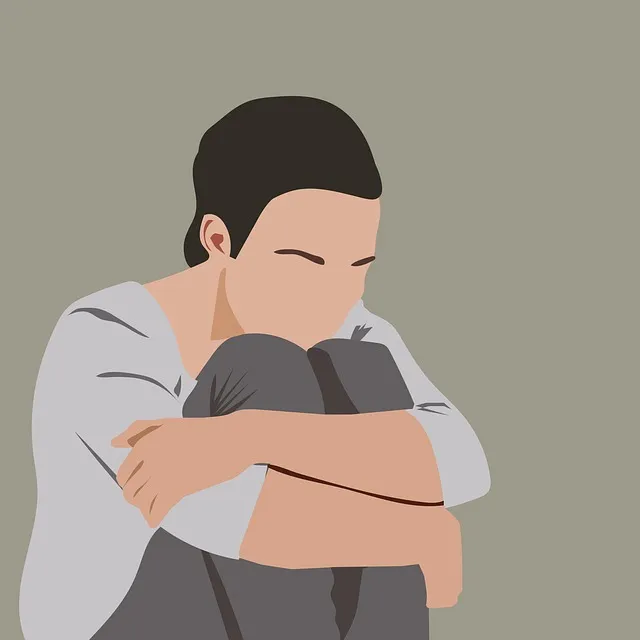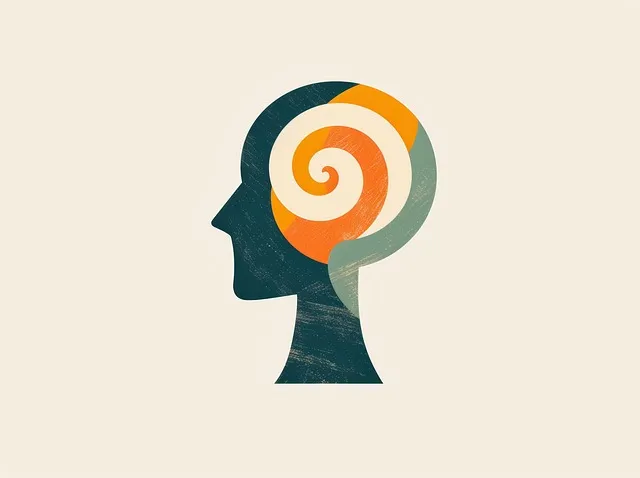Lone Tree Kaiser Permanente behavioral health providers offer expert guidance on emotion regulation, teaching individuals to adaptively manage emotional responses through techniques like mindfulness, deep breathing, and physical activity. Their tailored approaches, including individual therapy and group support, empower clients with self-care practices to navigate life's challenges resiliently, improving mood management and emotional well-being. By integrating evidence-based strategies like CBT and relaxation exercises into workshops, they enhance community mental health services, enabling individuals to lead more fulfilling lives through mastered emotional regulation skills.
Emotion regulation techniques are essential tools for maintaining mental well-being. In this comprehensive guide, we explore effective strategies that can transform your daily life. From understanding the foundational concepts to leveraging the expertise of Lone Tree Kaiser Permanente behavioral health providers, you’ll discover practical techniques to manage emotions and foster resilience. Learn how to incorporate these methods into your routine, enhancing your overall quality of life.
- Understanding Emotion Regulation: A Foundation for Well-being
- The Role of Lone Tree Kaiser Permanente Behavioral Health Providers
- Practical Techniques for Daily Life
- Incorporating Emotion Regulation into Your Routine
Understanding Emotion Regulation: A Foundation for Well-being

Emotion regulation is a vital skill that forms the foundation for overall well-being and mental health awareness. It involves understanding and managing our emotional responses in various situations, ensuring they remain adaptive and proportionate. Lone Tree Kaiser Permanente behavioral health providers emphasize that effective emotion regulation isn’t about suppressing emotions but rather learning to observe, accept, and respond to them constructively.
By adopting self-care practices, such as mindfulness, deep breathing exercises, or engaging in physical activities, individuals can gain better control over their emotional states. These techniques, often taught by behavioral health professionals, empower people to navigate life’s challenges with resilience and flexibility, ultimately enhancing their ability to manage mood and foster a healthier relationship with their emotions.
The Role of Lone Tree Kaiser Permanente Behavioral Health Providers

The Lone Tree Kaiser Permanente behavioral health providers play a pivotal role in teaching and supporting individuals to effectively manage their emotions. These experts are equipped with comprehensive knowledge and specialized training in various emotion regulation techniques, enabling them to offer tailored guidance to each client’s unique needs. They facilitate sessions that empower people to develop healthier coping mechanisms, fostering improved emotional well-being.
Through individual therapy or group support, Lone Tree Kaiser Permanente providers help clients discover sustainable self-care practices and build confidence in their ability to navigate life’s challenges with resilience. By integrating evidence-based strategies into their practice, these professionals contribute significantly to the enhancement of mental health services within their community, ultimately allowing individuals to lead more fulfilling lives by mastering emotional regulation skills.
Practical Techniques for Daily Life

At Lone Tree Kaiser Permanente behavioral health providers, we recognize that mastering emotion regulation techniques is a valuable skill for managing daily life’s challenges. Our experienced professionals offer practical tools and strategies tailored to individual needs, empowering folks to navigate stress, anxiety, and emotional turbulences with greater ease.
We incorporate evidence-based methods such as mindfulness meditation, cognitive behavioral therapy (CBT), and relaxation exercises into our Stress Management Workshops Organization sessions. These techniques promote resilience building and anxiety relief by teaching individuals to recognize and modify negative thought patterns, practice deep breathing for calmness, and foster a sense of grounding in the present moment. Through regular practice, these skills translate into better stress management and improved overall well-being.
Incorporating Emotion Regulation into Your Routine

Integrating emotion regulation techniques into your daily routine is a powerful step towards enhancing mental well-being, and Lone Tree Kaiser Permanente behavioral health providers are here to guide you through this transformative journey. Start by dedicating a few minutes each day for mindfulness practices like meditation or deep breathing exercises. These simple yet effective methods allow you to cultivate awareness of your emotions and respond to them mindfully instead of reacting impulsively.
Over time, consider incorporating resilience-building activities such as physical exercise or creative outlets, which have been shown to boost positive thinking and emotional agility. Additionally, social skills training can be immensely beneficial, fostering connections and providing a support system that encourages open communication about emotions. By combining these strategies, you’ll develop a robust toolkit for managing and regulating your emotions effectively.
Emotion regulation is a vital skill for maintaining mental well-being, and Lone Tree Kaiser Permanente behavioral health providers play a crucial role in teaching effective techniques. By understanding the fundamentals of emotion regulation, individuals can gain control over their emotions and improve their overall quality of life. Practical strategies outlined in this article offer accessible tools to navigate daily challenges, while incorporating these techniques into routines ensures long-lasting benefits. With guidance from Lone Tree Kaiser Permanente behavioral health providers, folks can foster resilience and enhance their ability to manage and express emotions healthily.






